Stronger together: Protecting transgender women in Bangalore
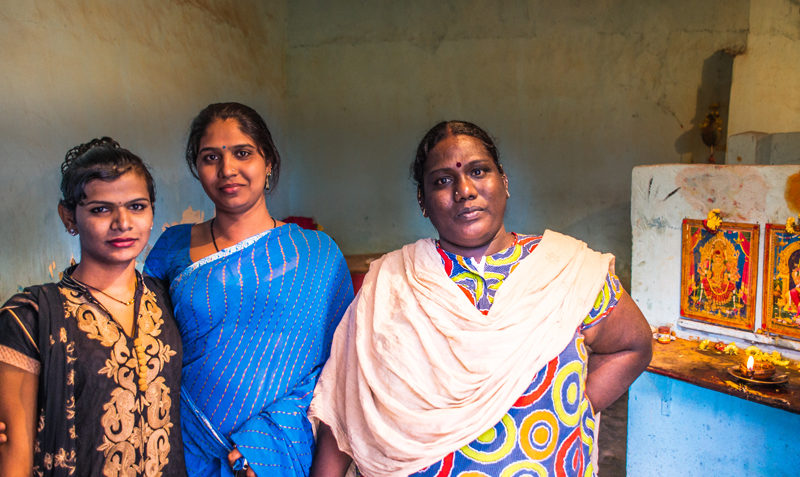 © Gitika Saksena for the Alliance
© Gitika Saksena for the Alliance
Stronger together: Celebrating International Human Rights Day
As we celebrate International Human Rights Day (10 Dec), it is notable that 2014 has been a milestone year for transgender people in India thanks to a Supreme Court ruling that provided legal recognition of their right to decide their gender.
Despite this legal change, the vast majority of India’s estimated one million-plus transgender women and hijras are excluded from family and society. Many continue to beg or do sex work to earning a living (like in this traditional hammam or bath house), yet both activities are illegal.
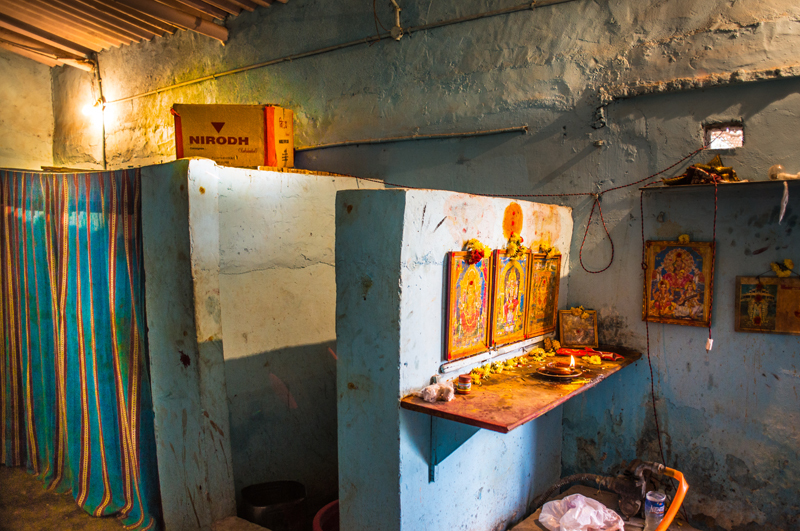
Faced with discrimination and fear of arrest, transgender sex workers struggle to safely and easily access information so they can maintain good sexual health. The HIV prevalence rate in this community is 8.82%, yet in the general adult population it is 0.3%.
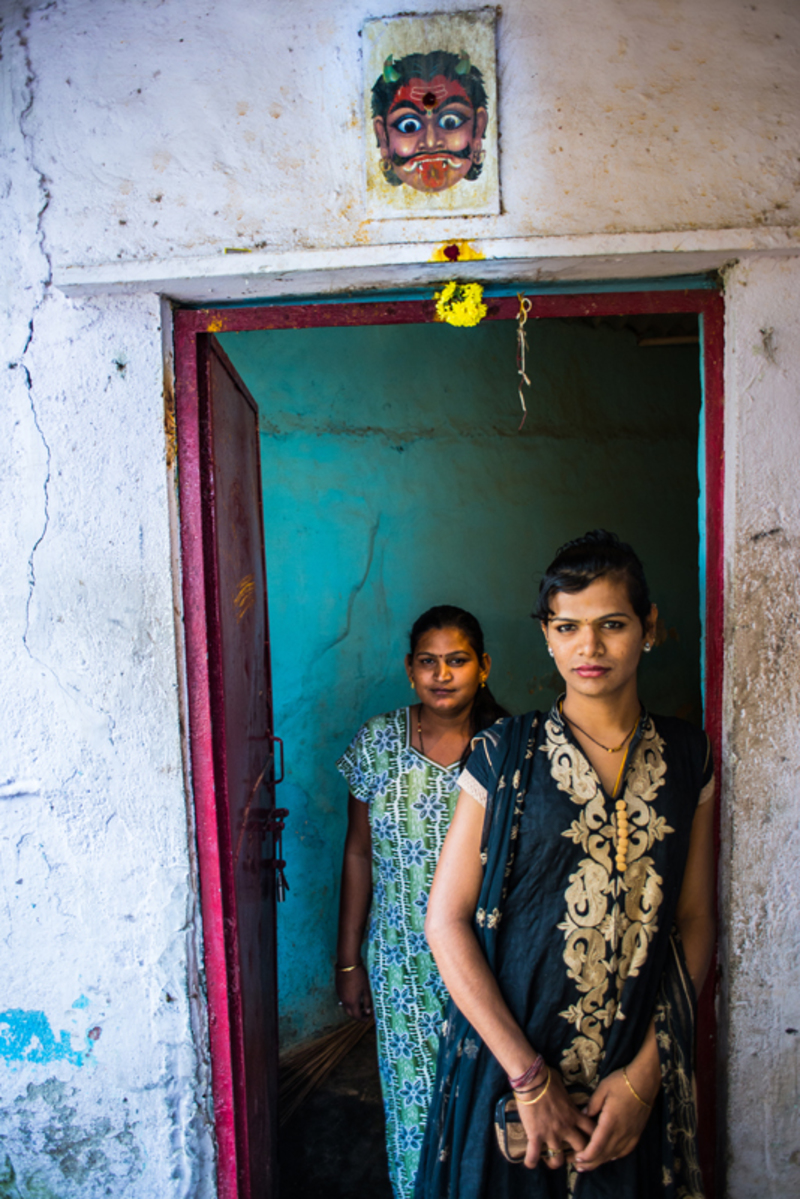
In a religious and culturally conservative country like India, it will take time for public attitudes to change. In the meantime, thanks to a community-led project in Bangalore implemented by Alliance India and consortium partner Sangama, a new generation of leaders is being trained to protect themselves and their community.

Leaders like Nisha Gulur who, after experiencing severe discrimination at school and home, was forced to leave her village. On arrival in the city, she started sex work in a hammam in Nelmangala. She describes the conditions as “unhygienic”.
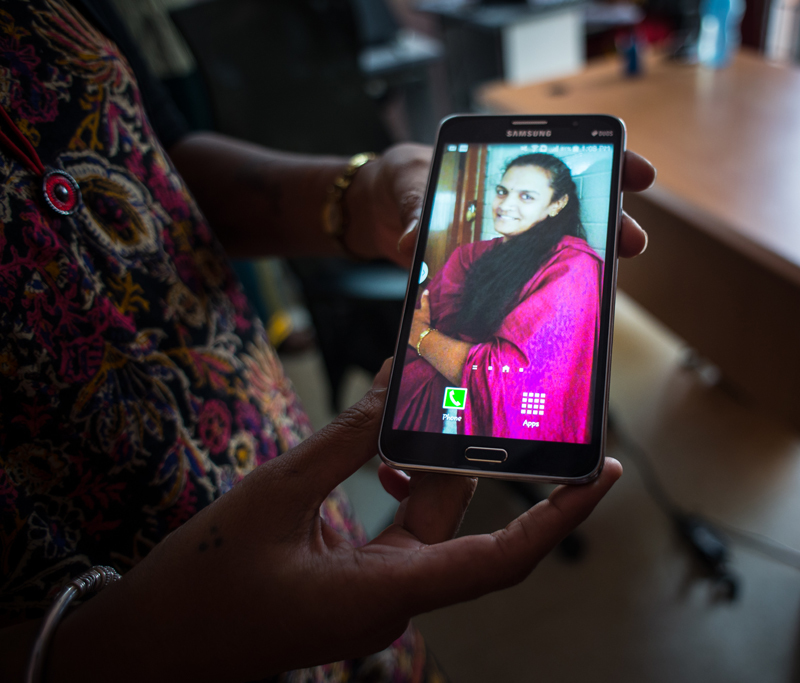
Four years later, Nisha was so saddened by the deaths of friends due to AIDS that she started to provide support to others in her situation. With training from Pehchan, a national HIV prevention programme for men who have sex with men (MSM), transgender and hjira communities, she is now a Finance Officer at Sangama. Alongside Sangama, there are five other consortium partners: Humsafar Trust, Pehchan North Region Office, SAATHI, Alliance India Andhra Pradesh and SIAAP.
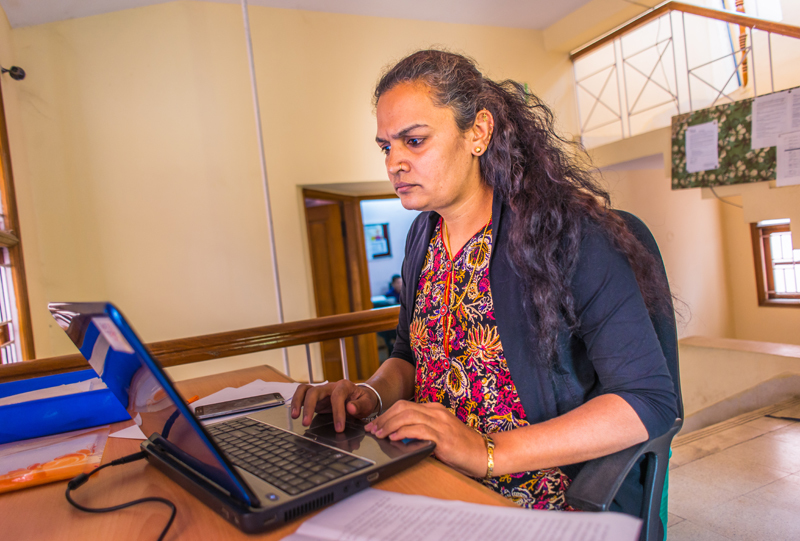
The Pehchan programme (which means identity in Hindi) is providing training and support to over 200 community based organisations in 17 states across India so they can provide HIV prevention programmes.
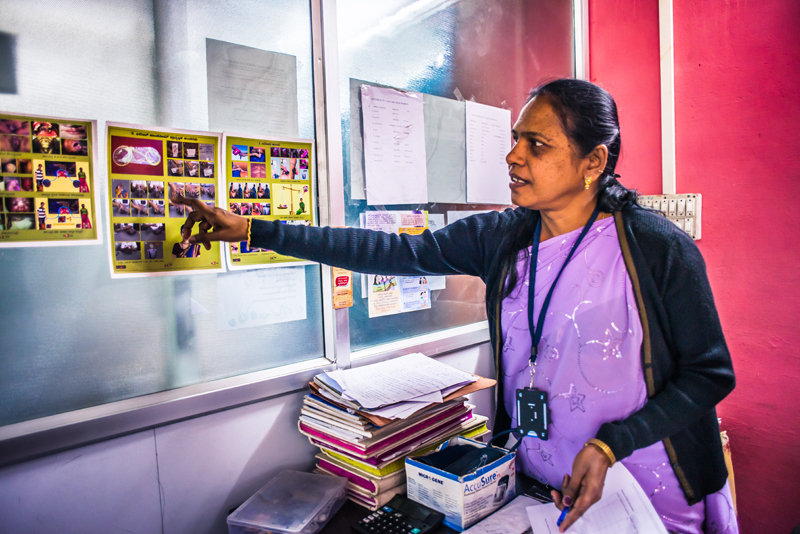
One such community-based organisation is Samara who seek out transgender women on the streets and in hammams to tell them about the drop-in sessions they run where they can access health information and crisis support. This includes legal aid if they are harassed by the police or clients.
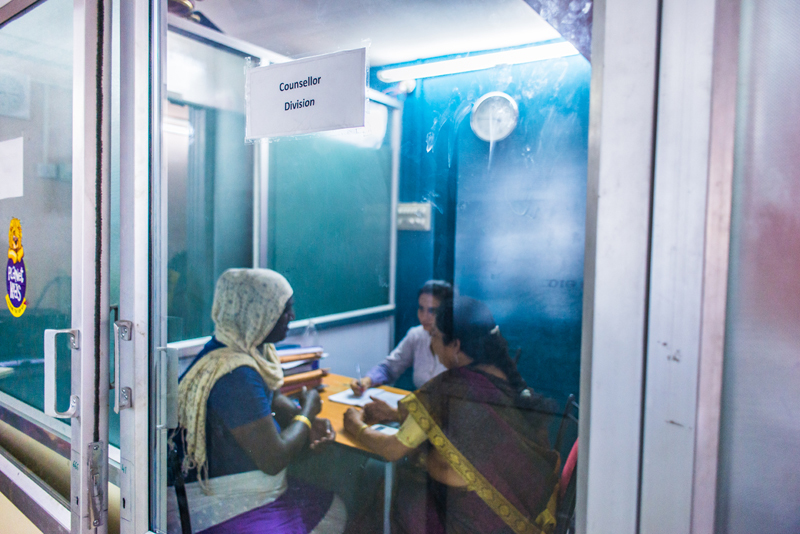
Samara workers receive training in field outreach techniques. They support transgender women to go for HIV testing and to access sexual health services, and help transgender women living with HIV with treatment adherence and counselling.
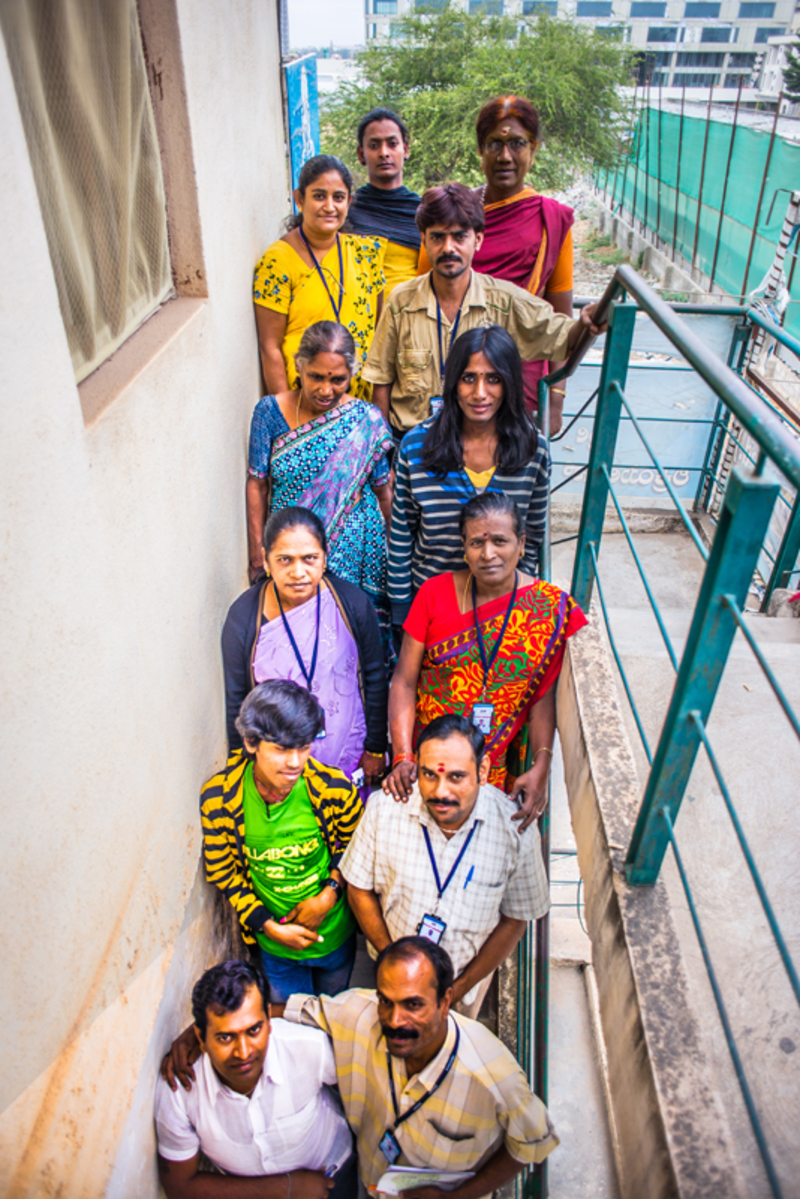
Activities are recorded in a secure and centralised Computerised Management Information System (CMIS). The information is analysed by Alliance India in Delhi who track the progress of the project and provide evidence for programme implementation and advocacy.
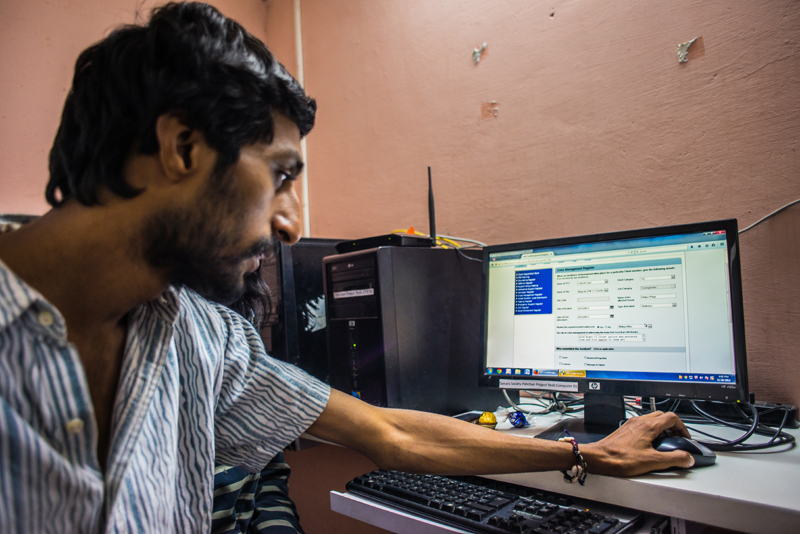
Since it started in 2009, Pehchan has helped to build a network of strong and highly efficient community-based organisations, with strong leadership, which are now capable of implementing government-funded AIDS control programmes which target communities who are at higher risk of HIV.
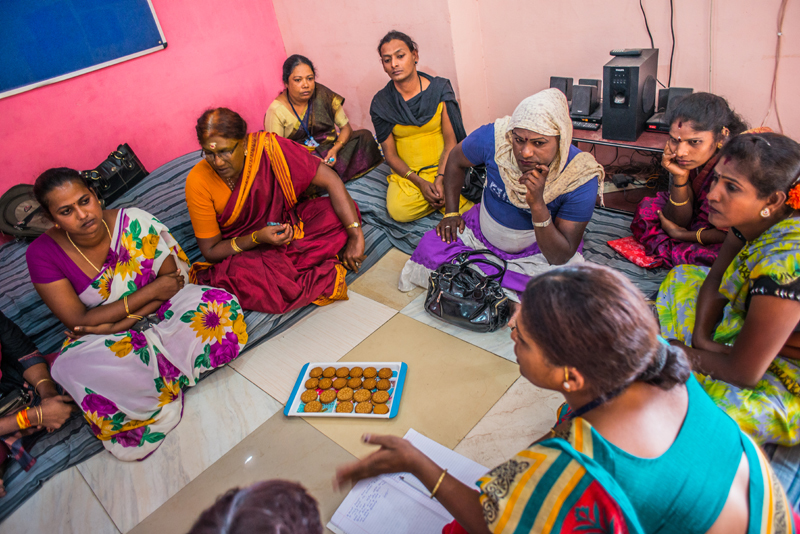
This article was written as the International HIV/AIDS Alliance, before we changed our name to Frontline AIDS.
Tags
Alliance IndiaGenderHIV preventionIndiaLGBT


